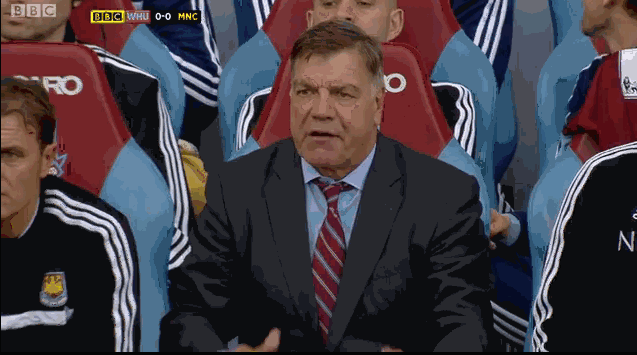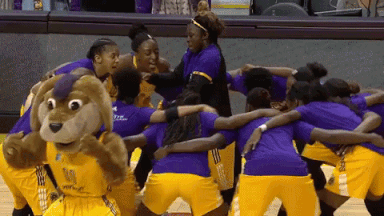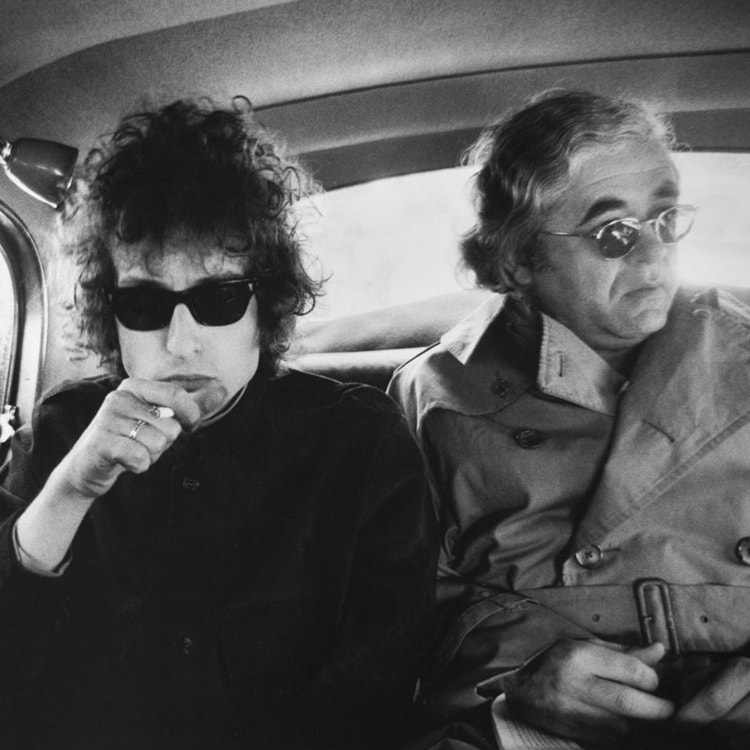Let’s start by saying that the answer to the above question in most cases is “YES!”
The role of a manager – whether managing a solo artist or group – is to handle the business whilst you (the artist / group) focus on your songwriting, recording and performing.
Whilst it can be challenging to hand over all your business affairs to someone else if you’ve been involved in all aspects of your music career from the start, allowing someone with experience to help can alleviate a lot of a pressure and stress from your shoulders. You can concentrate on honing your craft without worrying about the non-creative side of things. Read on to find out more about managers.
What is a Manager?
The Guardian write that a manager brings ‘together the people and projects which meet the goals of the artist and their record company’. If you’re signed the manager will keep in mind what the label wants to achieve for you and if you’re unsigned their priority is to keep you in as much paid work as possible with the goal of getting you signed and releasing music.
The manager’s key objective is to stay focused on the bigger picture. When they’re dealing with many people from different professions and differing goals it can be easy to become lost in day-to-day details; it’s the manager’s job to see over all these people’s heads to the end goal, steering everything in the right direction and keeping on top of deadlines.

Who does the Manager work with?
Event Promoters – The people who put on gigs and create a buzz around them in order to sell tickets
Publicity Agents / Publicists – The people responsible for ensuring as many of the right people know about your gigs or music release as possible via media releases and personal contacts with journalists
Booking Agents – The people who source your gigs via extensive promoter contacts taking a percentage of your booking fee (typically between 10% and 15%)
Record Label – The record label is responsible for recording and distributing your music, along with promoting it with a direct connection constantly maintained between label staff and your management (the intermediary between you and your label)

Anatomy of a Manager
We know what a manager does and who they work with, but what kind of person makes a good manager?
Managers must be conscientious and highly organised, strong communicators with an excellent understanding of the music industry and ideally numerous relevant contacts. Sometimes being a manager can be great fun and it’s very varied but requires patience and bags of people skills.

The Manager’s Cut
A good manager should only make money when their act does, but they do of course take a cut of your label advance, album sales and any deals they have negotiated for you. Their cut is usually between 10% and 20% of gross revenue.
Management contracts are typically for between 1 and 3 years and many managers operate what is known as a ‘Sunset clause’ whereby they continue to receive a cut from the act for a period of time following the end of the contract, the percentage gradually decreasing overtime. You will also be expected to reimburse any expenses they incur during their work for you, for example taking label contacts out for drinks, business trips etc.

Finding Your First Manager
Having a manager is useful even in the early stages of an act’s career, but when you first start out you may not have the money or resources to find someone with experience. When you read about a manager’s personal attributes, did you think it described someone you already know? In the early days of your career it can be good practice to use a well organised friend as a bridge gap manager. This can be valuable experience for a friend if they’re interested in pursuing a music industry career.

Management Next Steps
Once you’ve reached the point of signing a contract with an experienced manager it is vital to take advice and time to write and sign a contract you’re happy with.
The contract should specify the time period in which it’s valid (eg. 1 – 3 years). In the interest of both parties you should agree a cancellation policy. The contract should specify what’s expected of the manager day-to-day, the percentage cut they’ll be receiving and where the cut is coming from; for example, managers often don’t receive a cut of songwriting royalties or merchandise.
Wherever you want to go with your musical career, best of luck on your journey from all of us at Vocalzone!

